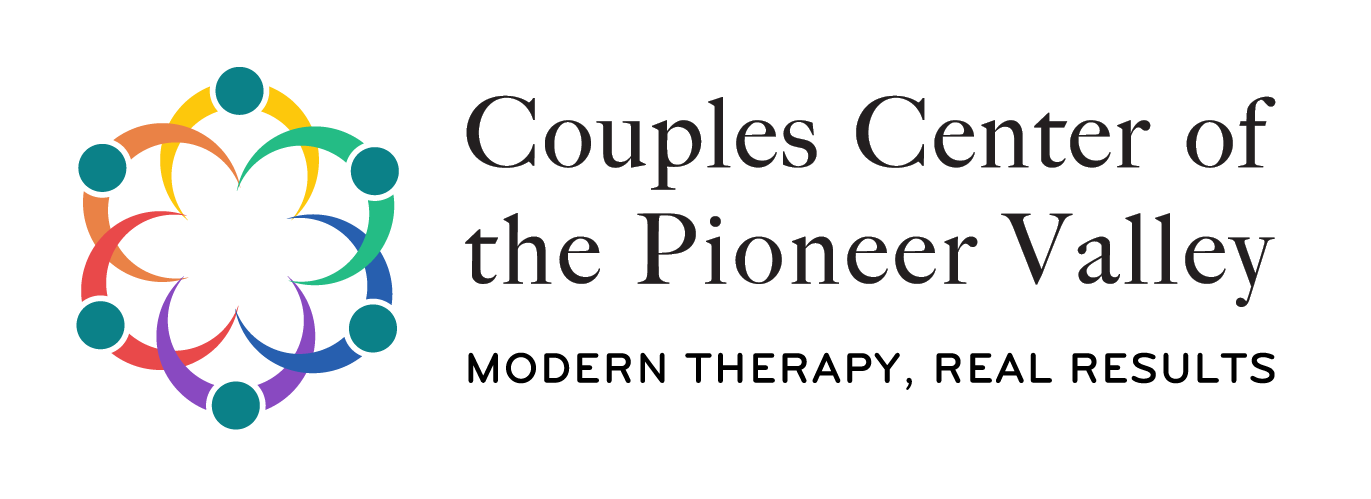What is EMDR/Trauma Treatment and How Can It Help Me in My Relationships?
Written by Katherine Waddell, LMFT
Happy Summer to all of you! I hope you are getting a chance to enjoy many wonderful moments in the sunshine, with loved ones and family, your pets, in the woods, on the water, on your deck, at a park, or wherever you derive the most pleasure this season.
As one of the Founders and Directors of this Center, I am delighted to be working this summer on bringing our community a terrific resource – accessible, state of the art trauma treatment. As a longtime trauma treatment and EMDR practitioner myself, I am deeply invested in sharing the power of trauma treatment with all the folks we can.
Most people who come to our Center are looking to get help with their relationships. As we all know, relationships can be great, and also very challenging. Many of us have had poor role models or bad experiences in the past, which seem to dog us in our current lives and relationships. Did you grow up with substance abuse or mental health issues in the family? Bullying? Perfectionism? Criticism? Homophobia, sexism, body shaming?
What if you could unload a lot of that baggage?
I am here to tell you it is possible. As an trauma treatment and EMDR practitioner for over 20 years now, I have seen the power of this and other adjacent trauma treatments, to transform people’s lives and experiences. I would love to share a little with you here, as well as tell you more about our exciting new programs.
What is EMDR? EMDR (Eye Movement Desensitization and Reprocessing) is a structured form of psychotherapy used to help people process and resolve traumatic memories and associated emotional distress. It involves focusing on upsetting memories or feelings associated with states off mind or body, while simultaneously engaging in bilateral stimulation, such as eye movements or tapping, to activate both sides of the brain. This process helps to rapidly reduce the intensity of the emotional response to the situations in the present related to past issues and can lead to a personal transformation of the meaning associated with the past issues, upsets, and trauma.
What are the benefits? EMDR therapy can help individuals experience a significant reduction in distress and emotional reactivity related to traumatic memories. It can also lead to a shift in perspective and a feeling of empowerment, allowing individuals to move forward in their healing process. Many clients report a significant decrease in relational stress after trauma treatment in relationship situations where prior to the treatment they often felt reactive and overwhelmed.
What are EMDR-adjacent treatments? FLASH technique, Progressive Counting and EFT (Emotional Freedom Technique) are all “EMDR adjacent” techniques that are grounded in research and longtime practice, that we offer here at the Center through our clinicians who do individual therapy, and in particular through our developing Trauma Intensives team.
How can EMDR and other adjacent trauma treatments help me? Aside from the above-described significant reduction in stress and emotional reactivity, clients often report a sense of peace, freedom and ease around problems that previously affected them deeply in their relationships with self, partners, and family members.
I could go on and on about the benefits of trauma treatment!
How can I find out more? If you are interested in finding out more about our trauma team and Trauma Treatment Intensives (half day, full day, multi-day), please contact me below
Katherine Waddell is the Co-Founder and Co-Director of the Couples Center of the Pioneer Valley, where she brings warmth, depth, and a commitment to helping couples navigate relational challenges. With advanced training in EMDR and EMDR adjacent trauma treatments, the Developmental Model, and the Doherty Approach, she specializes in supporting couples through conflict, betrayal, and disconnection.
Katherine is especially attuned to the needs of LGBTQIA+, multicultural, and non-traditional families, and is known for creating a space that’s both honest and affirming. In addition to her clinical work, she mentors fellow therapists and champions ethical, growth-oriented practice.



